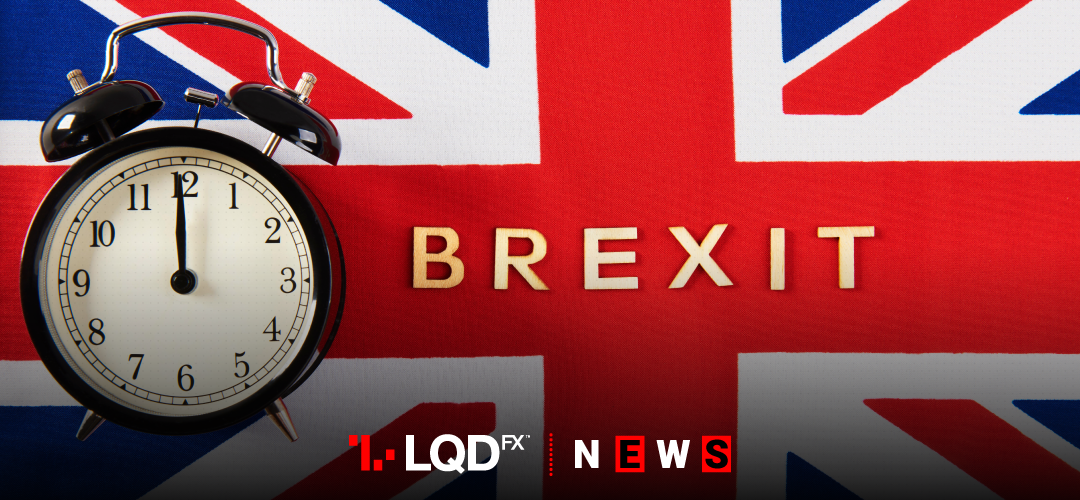The Brexit Day, i.e. the day the United Kingdom officially ends its 40-year membership of the EU has come. The UK exits the EU at 2300 GMT.
The country will slip away an hour before midnight from the club it joined in 1973. UK faces negotiations on reaching a new trade and future relationship deal with the bloc by the end of 2020. The EU has said will not be easy.
At a stroke, the EU will be deprived of 15% of its economy, its biggest military spender and the world’s international financial capital of London. The divorce will shape the fate of the United Kingdom — and determine its wealth — for generations to come.
Beyond the symbolism of turning its back on 47 years of membership, little will actually change until the end of 2020.
According to market experts, Brexit Day Brexit day is not expected to move markets, analysts said.
Investors also took heart that the WHO stopped short of travel and trade restrictions with China, even as it declared the coronavirus outbreak a global emergency.
The death toll in China has now reached 213 and the number of cases is 9,692 – up from 7,711 a day ago. It has spread to 18 countries. The United States and other countries have warned citizens against visiting China.
START TRADINGForex – Brexit Day is officially here
Most of the action this week has been nervous investors selling emerging currencies for dollars and yen, leaving the majors little changed against each other.
Trade-linked currencies fall on worries about fallout from virus. The Australian and New Zealand dollars, both sensitive to sentiment in China, fell to new multi-month lows.
The dollar took a knock overnight when data showed the U.S. economy grew at its slowest annual pace in three years and personal consumption weakened sharply.
Dollar was up a fraction on the yen on Friday at 109.03 and stronger on the euro at $1.1016.
The euro slipped marginally after a first estimate showed that the euro zone economy grew less than expected in the last quarter of 2019. The common currency then recovered and was last up 0.1% at $1.1035
The New Zealand dollar dropped 0.5% and touched a two-month low of $0.6454.
The Australian dollar lost 0.5% to $0.6683 falling to a four-month low on concerns about the economic impact of a virus inside and outside China.
The yen and Swiss franc, which tend to rally at times of nervousness, were little changed on Friday
Britain’s pound extended its rally on Friday for a second consecutive day after the Bank of England kept interest rates at 0.75%.
Friday, sterling gained 0.3% to as high as $1.3141, its highest level in eight days. Against the euro, the British currency rose 0.2% to 84.07 pence.
Spot gold was flat for the week at $1,573.72 per ounce. The bullion failed to get much of a safe haven bid as a range of other commodities, were hammered by worries over Chinese demand.
PLEASE NOTE The information above is not investment advice.
Sources: Reuters, Investing, CNN money
